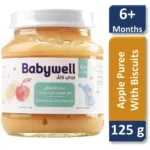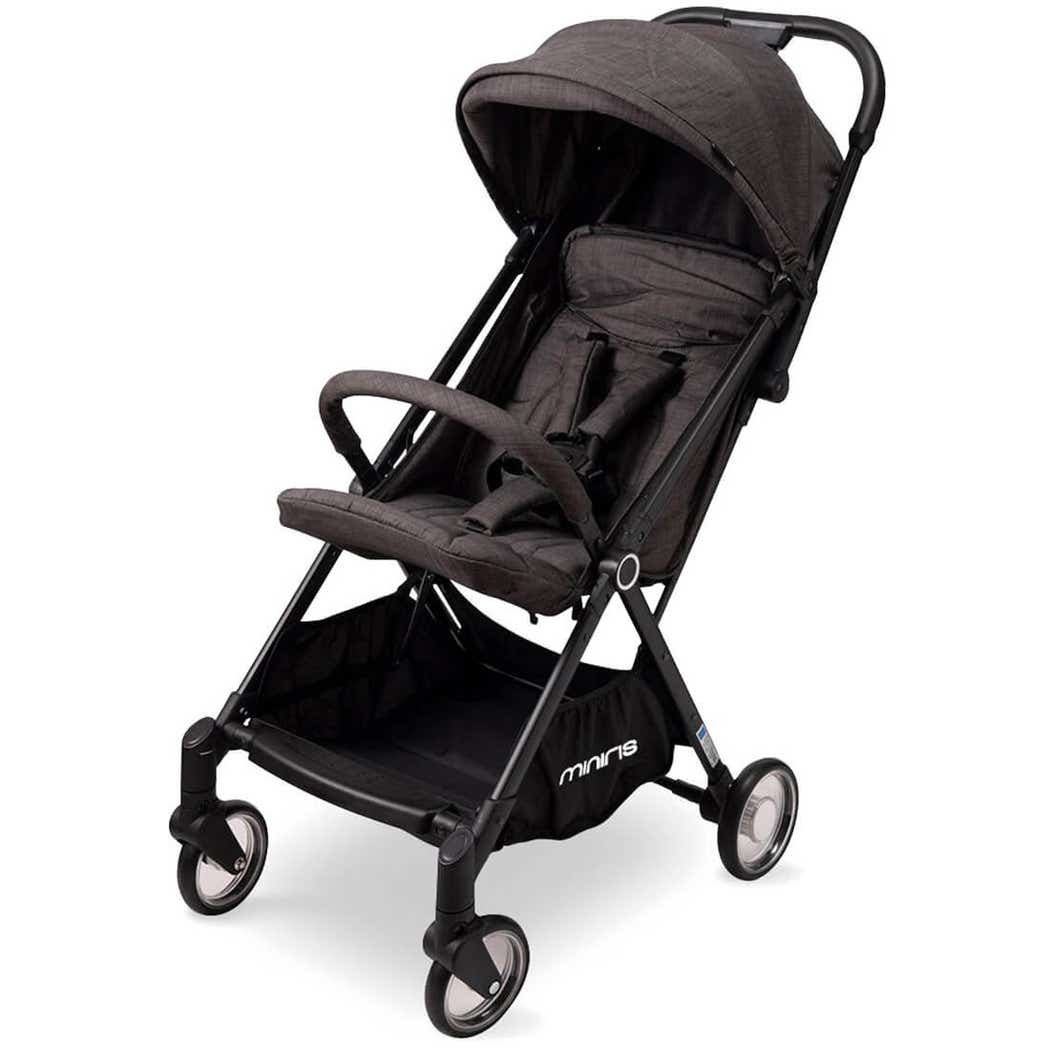When should you visit a pediatrician? A complete guide for mothers and fathers

Children often suffer from symptoms, some of which are mild and can be managed at home, but sometimes the situation requires to visit a pediatrician. The important question remains, when should you visit the pediatrician? And how can I determine that?
Why do we need to know the right timing to visit a pediatrician?
As a mother or father, you may face difficulty in determining whether your child’s symptoms require a pediatrician visit or can be managed at home. This hesitation is completely normal, as every parent wants the best for their child and does not want to overreact or fall short in providing care.

In this comprehensive guide, we will provide you with all the information you need to make the right decision. We will cover:
- Emergency cases that require immediate medical care
- Symptoms that need follow-up within 24 hours
- Signs that can be monitored at home
- Practical tips for preparing for the doctor’s visit
- Frequently asked questions on every mother’s mind
Part One: Emergency cases that require immediate pediatrician visit
1. High temperature (fever)
Fever or high temperature is not a disease by itself, but it is an indicator that the body is fighting an infection. However, there are cases that require concern:
- For infants under 3 months: any temperature above 38°C.
- For children from 3–6 months: temperature of 39°C or higher.
- When the fever lasts more than 3 days.
- If the fever is accompanied by symptoms such as:
- Stiff neck.
- Rash that does not disappear when pressed.
- Convulsions or seizures.
2. Breathing problems
Breathing difficulty is one of the most worrying conditions:
- Abnormally rapid breathing.
- Visible contractions between the ribs or under the rib cage.
- Bluish lips or face.
- Wheezing or whistling sound while breathing.
- Difficulty speaking or crying due to shortness of breath.
3. Signs of severe dehydration
Dehydration can be dangerous especially with diarrhea and vomiting, and it should be treated immediately to avoid its serious effects. Signs that dehydration has reached a dangerous stage include:
- No urination for 8 hours (or completely dry diapers).
- Sunken eyes or sunken fontanelle in infants.
- Dry mouth and lips.
- Crying without tears.
- Severe lethargy or difficulty waking the child.
4. Serious injuries
Children are exposed to many injuries from playing, some of which are mild and can be treated at home with simple first aid that can be learned more about here, but some injuries require immediate medical evaluation:
- Falling from a height of more than 90 cm.
- Any head injury causing:
- Loss of consciousness, even for seconds.
- Repeated vomiting.
- Unusual sleepiness.
- Change in behavior.
- Deep wounds that do not stop bleeding after 10 minutes of direct pressure.
- Suspected fractures (severe swelling, deformity, pain when moving).
Part Two: Cases require to visit a pediatrician within 24 hours
These symptoms are less severe than the previous ones, but they still need to visit a pediatrician within a relatively longer period, so you can take your child to the pediatrician within 24 hours of symptoms. These include:
1. Persistent cold and flu symptoms
- Persistent cough for more than a week.
- Thick green nasal discharge for more than 10 days.
- Ear pain with or without fever.
- Severe sore throat with difficulty swallowing.
2. Digestive system problems
These appear as digestive symptoms such as:
- Watery diarrhea for more than 24 hours.
- Repeated vomiting (more than 3 times in an hour).
- Blood in stool or vomit.
- Severe abdominal pain preventing the child from moving.
3. Concerning skin rashes
Usually mild skin rashes are minor symptoms that can be managed at home, but sometimes you have to visit a pediatrician for reassurance, such as:
- Rapidly spreading rash.
- Rash accompanied by fever.
- Blisters or skin ulcers.
- Severe itching causing scratches and bleeding.
Part Three: Cases that can be monitored at home

1. Mild fever
- Temperature less than 38.5°C.
- Child is still active and responds normally.
- Drinks fluids adequately.
2. Ordinary cough
- Cough associated with a common cold.
- Improves gradually within 3–5 days.
- Not accompanied by breathing difficulty.
3. Mild diarrhea
Watery stool but without blood, and in this case fluids and salts should be replaced with oral rehydration solution to prevent the condition from progressing into severe dehydration that requires a doctor’s visit.
Part Four: Tips for preparing to visit a pediatrician

1. Record symptoms:
Accurately recording details is important because these details may help the doctor identify the problem and determine how serious or safe the child’s condition is. These details include:
- When symptoms began.
- Their severity and development.
- Any medications given.
- Child’s response to the medication.
2. Take photos:
When unusual symptoms appear, make sure to record these changes for the doctor, including:
- Skin rashes.
- Abnormal discharges in shape or color.
- Any visible injury.
3. Bring with you:
- Immunization record.
- Any medications the child takes regularly.
- A sample of vomit or stool if necessary.
4. Child and family medical history:
One of the most important points to remember when you visit a pediatrician is the child’s medical history, such as any allergies to foods or medications, or hereditary diseases in the family that the child may have inherited. This helps the doctor in diagnosis or in ruling out a medication, etc.
Frequently Asked Questions
1. Should I visit the doctor for every cold?
No, most colds improve within a week. But consult the doctor if:
- Symptoms last more than 10 days.
- High fever appears.
- Breathing difficulty occurs.
2. How often should a healthy child be checked?
Visit a pediatrician periodically as it is recommended according to age:
- Newborns: weekly during the first month.
- Infants: monthly until 6 months.
- After one year: every 3–6 months.
3. How do I distinguish between ordinary and severe diarrhea?
Severe diarrhea occurs when:
- It contains blood or mucus.
- It is accompanied by high fever.
- It causes dehydration (sunken eyes, reduced urination).
In the end, you know your child best. If you feel that something is not normal, do not hesitate to consult the doctor. It is better to be cautious than regretful later.
“The time you spend consulting the doctor is an investment in your child’s health and future.”
Do you have any other questions? You can contact us at any time for trusted medical advice.

 Skin exfoliation products
Skin exfoliation products
 Skin moisturizing products
Skin moisturizing products
 Skin cleansers
Skin cleansers
 Sun protection products
Sun protection products
 Skin whitening products
Skin whitening products
 Skin serums
Skin serums
 Korean skin care products
Korean skin care products
 Skin masks
Skin masks
 Natural skin care products
Natural skin care products
 Skin care tools
Skin care tools
 Skin care vitamins
Skin care vitamins
 Shampoo
Shampoo
 Hair cream bath and masks
Hair cream bath and masks
 Hair styling products
Hair styling products
 Hair oils and serums
Hair oils and serums
 Hair dyes
Hair dyes
 Hair treatments
Hair treatments
 Natural hair products
Natural hair products
 Hair styling devices
Hair styling devices
 Hair care vitamins
Hair care vitamins
 Deodorants
Deodorants
 Body and shower care
Body and shower care
 Women’s care products
Women’s care products
 Men’s care products
Men’s care products
 Sexual health
Sexual health
 Teeth whitening products
Teeth whitening products
 Mouth fresheners
Mouth fresheners
 Toothbrushes
Toothbrushes
 Baby bottles
Baby bottles
 Pacifiers
Pacifiers
 Teethers
Teethers
 Baby strollers
Baby strollers
 Baby toys
Baby toys
 Baby carriers
Baby carriers
 Car seats
Car seats
 Baby walkers
Baby walkers
 Baby rockers
Baby rockers
 Baby beds
Baby beds
 Baby hygiene care
Baby hygiene care
 Skin care for babies
Skin care for babies
 Diapers
Diapers
 Perfumes for babies
Perfumes for babies
 Women’s perfumes
Women’s perfumes
 Men’s perfumes
Men’s perfumes
 Unisex perfumes
Unisex perfumes
 Oriental perfumes
Oriental perfumes
 Luxury perfumes
Luxury perfumes
 Hair perfumes
Hair perfumes
 Air fresheners
Air fresheners
 Gift sets
Gift sets